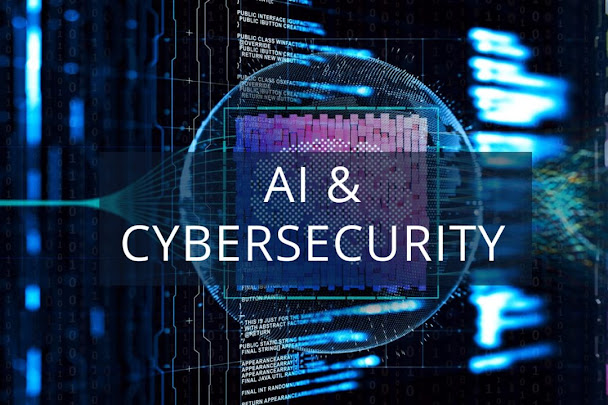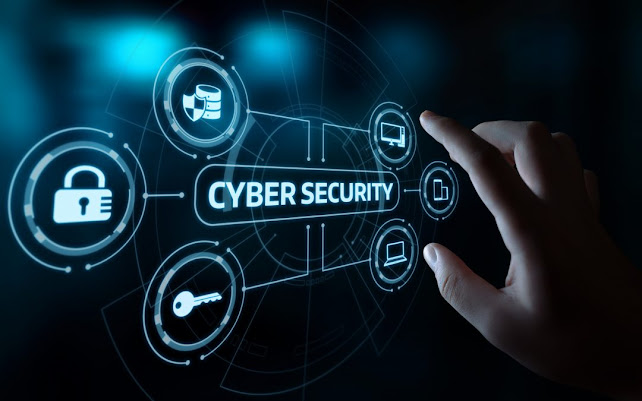Artificial Intelligence and Cyber-Threats
In today’s rapidly evolving digital landscape, all organizations and businesses are susceptible to data breach. Companies have to update their security systems and improve their resilience in order to reduce such threats. In this blog, our major focus will be on those factors that are aiding the hackers to penetrate into systems. A number of technologies that we are currently using needs to be reviewed to combat the growing cyber threats. So, let’s head towards them!
Artificial
Intelligence and Machine Learning
Humans have made much progress in the past several years, steering everyone towards technological connectivity. This has also led to a fusion of the digital and physical world. Companies that are leveraging the power of AI and ML are well aware of their benefits in terms of decision making, problem solving and speech recognition etc. Given this, data synthesis and predictive analytics can give statistical conclusions to minimize risks. Automated cybersecurity systems can identify new attacks and you can send this data to the endpoint protection solutions to make your business operationally secure. However, do keep in mind that malpractitioners are using AI and ML for offensive cyber-attacks and phishing attacks. So, make sure your cyber defense system is strong and undefeatable.
Highly
Advance Botnets
Botnets are a number of devices or computers that are connected through the internet and are a part of the system that is under the control of cyber criminals. In this situation owners remain unaware of the suspicious activities. Wi-Fi routers and web servers are used to infect machines with malware. Such PCs are not well protected by anti-virus software. With AI and ML these botnets can be automated to speed up hacking. The use of Distributed Denial of Service (DDoS) style and Bot as a Service is also increasing, threatening the businesses.
Ransomware
Ransomware attacks are another danger for organizations in which hackers use elusive malware. This criminal extortion tool encrypts the key files of a victim; therefore, they are unable to access their data. Later, the hacker promises to restore your system only if the demanded ransom is paid (often in the form of cryptocurrencies) to them by the owner. On average, the recovery time takes almost a week, despite the fact that companies have strong security.
All
in all, Cybersecurity threats are surfacing like never before since bad actors
are at work, fully equipped with the relevant tools and technologies.
Organizations have to come up with a strong and resilient counter strategy to
defeat them.



